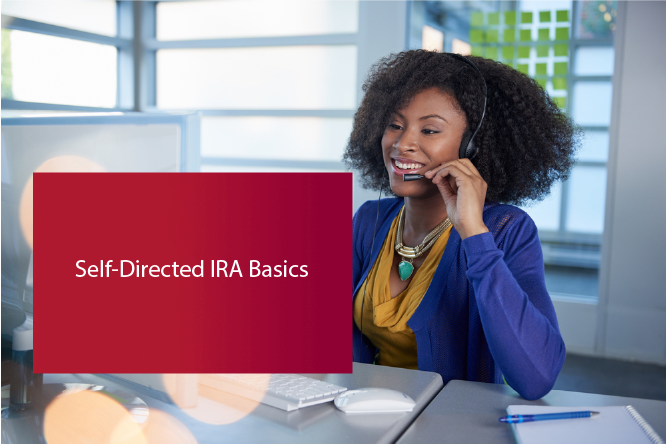Real estate trends tend to fluctuate, especially in recent years. Trends in 2023 suggest a transitioning period with higher borrowing costs, increased cash flow and restructured capital stacks. What does real estate investment look like now as we continue navigating the new normal? Prepare for the year ahead by reviewing these current trends and top […]




